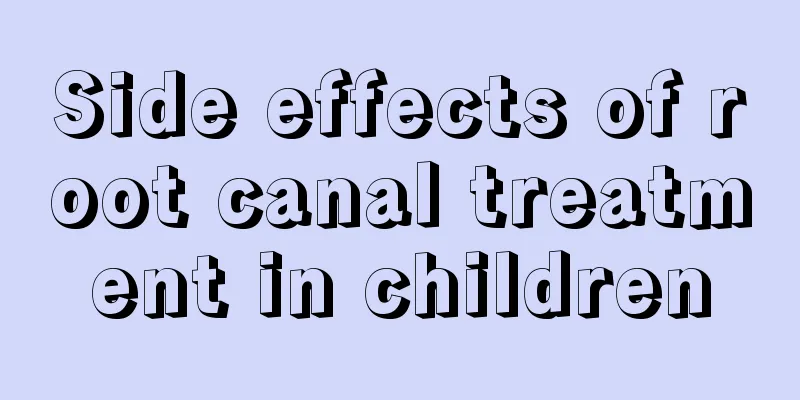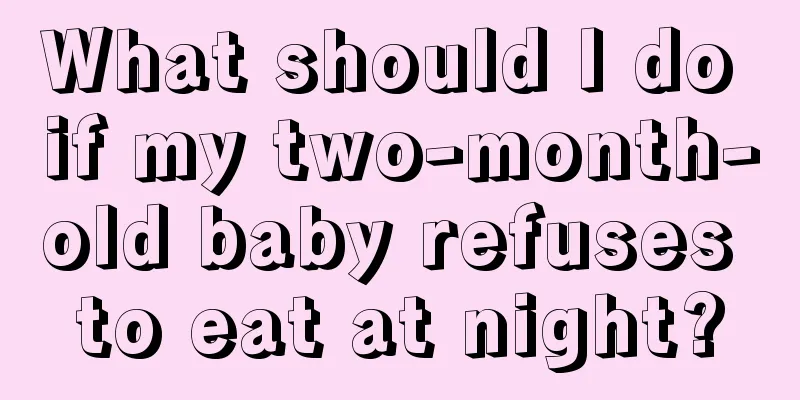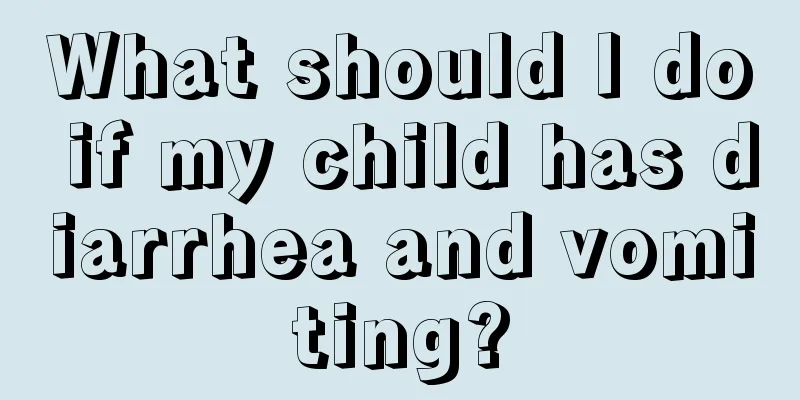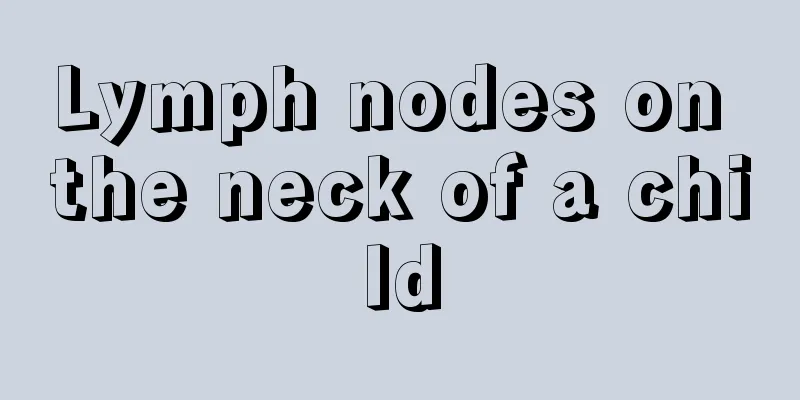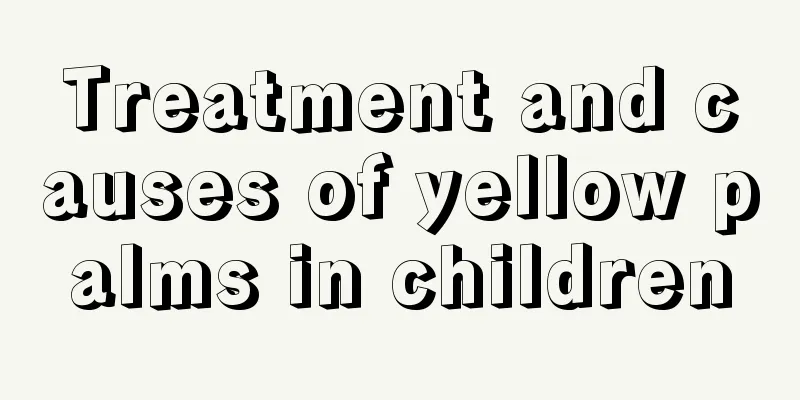What should I do if my baby has a cold and doesn't like to eat?

|
The symptoms of colds in children are basically similar to those in adults, mainly runny nose, sneezing or coughing, and in severe cases, fever and body aches may also occur. When children have a cold, they usually don't like to eat. This is because when children have a cold, their throats will also hurt, which will affect their appetite. So what should you do if your baby has a cold and doesn’t want to eat? Next, let’s take a look at some common methods. 1. Food should be mainly liquid food After a child catches a cold, his digestive ability will be reduced, his appetite will also become worse, and he will be easily tired, so he should try to eat softer or liquid food. Vitamin-rich fruit juice is also good. Food that is too hard will put a greater burden on the child's stomach and intestines, and the child will become more anorexic. If your child has a cold and refuses to eat, don't ask him to eat a lot as usual or eat very full at each meal. Instead, treat him with small and frequent meals, which can also reduce the burden on his gastrointestinal tract. 2. Eat light food When children catch a cold, mothers must pay attention to adjusting their children's diet. When children have a cold and refuse to eat, they should mainly eat light food. This will not easily increase the burden on the stomach and intestines. It is also not good to eat too many heavy-tasting foods when you have a cold. Light food can not only enhance children's appetite, but also increase the intake of nutrients and trace elements. 3. Drink plenty of water When children catch a cold, the most important and simplest thing is to drink more water. In fact, we adults often don’t need to take medicine for mild colds. We can get better by replenishing water in time. Although children do not have such a strong physique, the principle is the same: replenish water in time. The above is a detailed introduction to several solutions for what to do if your baby has a cold and doesn’t want to eat. For children who have a cold and have difficulty eating, parents can give them more light, digestible foods and eat them in multiple meals. This can reduce the burden on children's gastrointestinal tract. In addition, when you are sick, you should drink more water so that toxins can be eliminated from the body through urine. |
<<: How come the child grows taller?
>>: Why does my baby have diarrhea after eating taro?
Recommend
What to do if the newborn baby inhales amniotic fluid into the lungs
What should I do if a newborn baby inhales amniot...
The 7-year-old girl's face has become much darker in the past week
Some children always have problems, which are oft...
Injections to boost lung function in premature infants
For premature babies, the respiratory system is n...
How to correct stuttering in children?
Stuttering, also known as stammering, is a phenom...
Why is my baby’s leg twitching? Parenting experts reveal the answer
If the baby has leg cramps, parents need to pay c...
What to do if your child's scrotum is red and swollen
Children are prone to many diseases. When treatin...
Diseases that children are susceptible to during the four stages of development
Neonatal period Various congenital diseases may o...
Nursing care for mild hypoxia in newborns
How to care for a newborn with mild hypoxia? Hypo...
Cultivation of children's living habits
A child's living habits are related to his or...
What harm does camphor do to children?
Camphor balls are a commonly used item in daily l...
Can children use realgar?
Realgar is a relatively common medicinal material...
Reasons why children sweat when sleeping
After children go to bed, parents will still chec...
What is the reason for low urine output in children?
Why do children have less urine output? Many pare...
What causes children's cold hands and feet?
Many young children have cold hands and feet, whi...
Reasons why your baby is wheezing
There is always a wheezing sound when the baby br...

